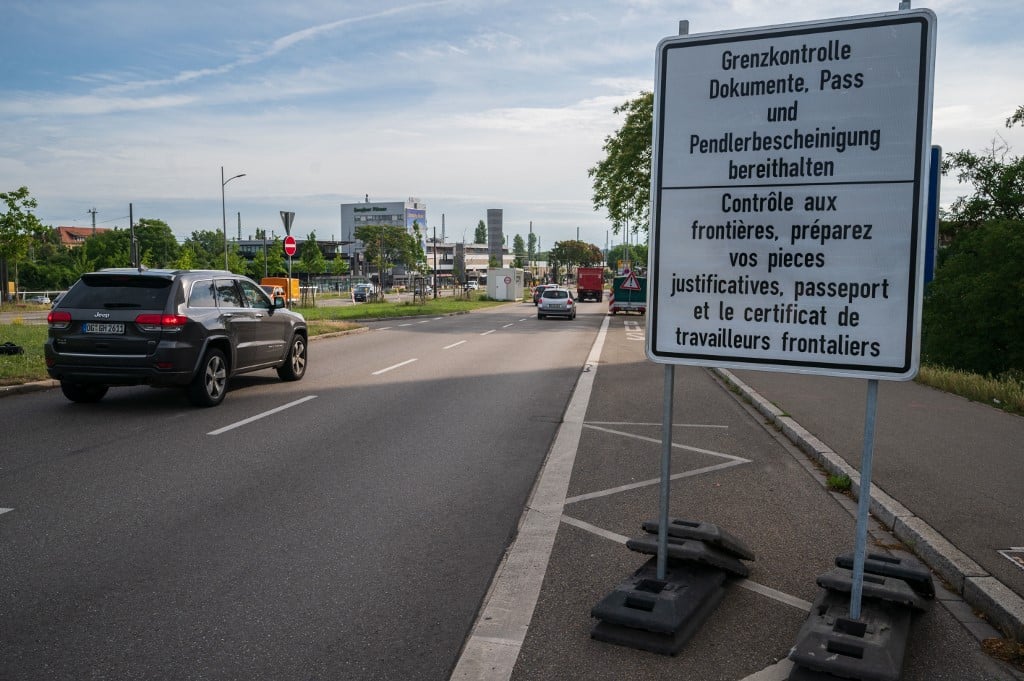Restaurant industry ‘disappointed’ with government’s decision
The Federal Council’s decision not to re-open restaurants on March 1st “hit the hotel and restaurant industry hard”, industry association GastroSuisse said in a statement following the announcement on Wednesday afternoon.
“There is no reason for restaurants to remain closed. The fact that there will be no easing in early March is a disaster. We are disappointed”, the association added.
Der #Bundesrat will die Krise weiter auf dem Buckel des #Gastgewerbes austragen, zu Unrecht. Immer mehr Wirte geben auf, Entlassungen stehen an. Die Kantone haben es jetzt in den Händen. Wir fordern rasche Lockerungen und bessere #Härtefall-Unterstützung.https://t.co/V8aQIYY4bQ
— GastroSuisse (@GastroSuisseCH) February 17, 2021
The Local will publish an article about other reactions to Federal Council’s decision on Thursday.
READ MORE: EXPLAINED: What are Switzerland’s new 'relaxed' coronavirus measures?
Switzerland climbs to top of global e-commerce index
Switzerland is best equipped for electronic commerce between companies and individual customers, according to the annual index published by the United Nations Conference on Trade and Development (UNCTAD).
Last year, 97 percent of the Swiss population used the Internet and 98 percent had a bank account, numbers that placed Switzerland first among more than 150 countries surveyed by the UN organisation.
More broadly, Europe remains by far the region best prepared for electronic commerce.
Strengthened border checks
The Federal Council is launching a consultation on the Entry/Exit System (EES), aimed at detecting the entries and exits of third-country nationals in the Schengen area.
Cantonal police, along with security and prosecution authorities, will be able request EES data to prevent, prosecute or identify serious crimes.
This will make border control more efficient and better manage the growing number of travellers heading to the Schengen area, the Federal Council said.
The consultation will end on May 29th and the amendments to the law will likely come into force with the activation of the EES, scheduled for May 2022.
Health expert: The government’s coronavirus strategy is too pessimistic
Epidemiologist Marcel Tanner, former member of the Covid-19 Task Force, said that federal authorities should be more positive in how they convey the evolution of the disease to the public.
“The variants are not more pathogenic than the original virus and the vaccine is also effective against mutants. We must communicate this good news and avoid to always present the worst scenarios ”, he said.
Tanner added that “the number of infections will never drop and we will not return to normal life if the negative rhetoric of fear remains the same”.



 Please whitelist us to continue reading.
Please whitelist us to continue reading.
Member comments